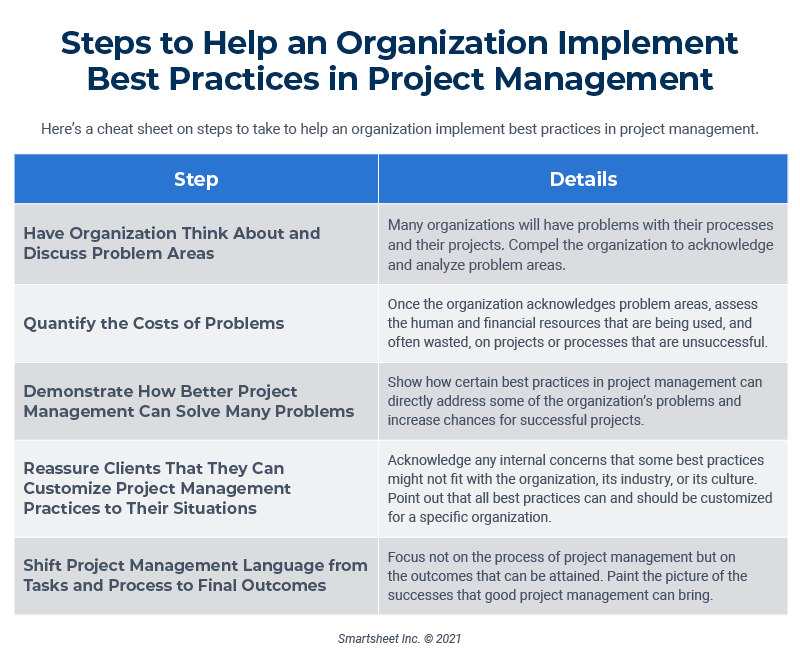
Agile Mastery: Transforming Workflows for Efficient Management

Agile Mastery: Transforming Workflows for Efficient Management
In the fast-paced world of business, adaptability and efficiency are key factors that can determine the success or failure of an organization. Agile management practices have emerged as a powerful solution, allowing teams to navigate the complexities of modern work environments with flexibility and responsiveness.
Understanding the Essence of Agile Management
Agile management is more than just a methodology; it’s a mindset that values collaboration, adaptability, and customer satisfaction. Unlike traditional project management approaches, Agile emphasizes iterative progress and continuous feedback. This approach fosters a dynamic environment where teams can quickly respond to changing requirements and deliver value in a more timely manner.
Iterative Progress: Breaking Down Complexities
One of the core principles of Agile is the emphasis on iterative progress. Instead of attempting to solve an entire problem at once, Agile encourages breaking it down into smaller, more manageable parts. This approach allows teams to focus on specific aspects of a project, delivering incremental value and making it easier to adapt to evolving circumstances.
Collaboration as the Cornerstone
Agile places a strong emphasis on collaboration among team members and stakeholders. Cross-functional teams work together closely, sharing ideas and feedback throughout the development process. This collaborative approach not only enhances communication but also ensures that everyone is aligned with project goals, fostering a sense of collective ownership.
Embracing Change with Flexibility
In traditional project management, changes to requirements often result in delays and increased costs. Agile, however, welcomes change as a natural part of the process. The ability to adapt to changing circumstances is a hallmark of Agile management practices, allowing teams to remain responsive and deliver value even in the face of evolving project requirements.
Continuous Feedback for Continuous Improvement
Agile embraces a culture of continuous feedback, enabling teams to learn and improve throughout the project lifecycle. Regular retrospectives provide opportunities for reflection, allowing teams to identify what worked well and areas that need improvement. This commitment to continuous improvement is crucial for fostering a culture of innovation and excellence.
Agile Management Practices in Action
To truly grasp the impact of Agile management practices, consider a real-world example. A software development team faced challenges in meeting client expectations due to changing requirements. By adopting Agile principles, the team was able to pivot quickly, delivering incremental updates and incorporating client feedback throughout the development process.
Embracing Agile Management Practices at rodatayu.my.id
For organizations seeking to implement Agile management practices, the journey begins with understanding the principles and embracing a mindset of flexibility and collaboration. Agile Management Practices can transform workflows, making them more efficient and adaptable to the ever-changing demands of the business landscape. Whether you’re in software development, marketing, or any other industry, Agile offers a framework that can revolutionize how teams approach projects and deliver value to their stakeholders.
In conclusion, Agile mastery is not just about following a set of practices; it’s about embracing a cultural shift that values adaptability, collaboration, and continuous improvement. As organizations navigate the complexities of today’s business landscape, Agile management practices provide a roadmap for success, enabling teams to thrive in an ever-evolving environment.



